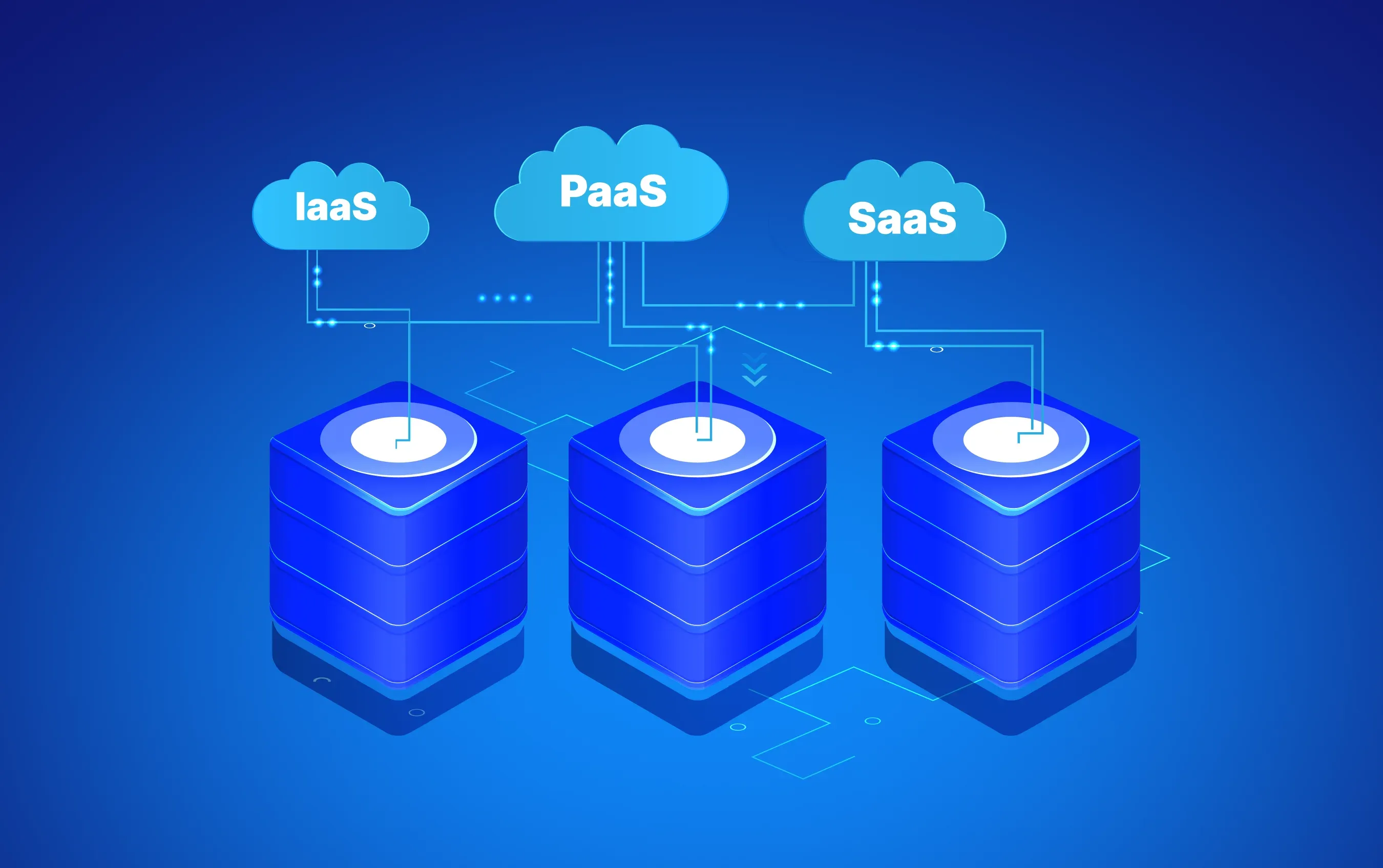In diesem Artikel

Blockchain technology refers to a chain of transactions distributed through a secure, transparent, and irreversible ledger. It operates without centralized control, making it trustworthy and tamper-proof. It is applied in various fields like finance, supply chain, and healthcare to enhance data integrity, minimize fraud, and maximize efficiency.
Blockchain is reinventing digital interactions by enabling secure digital identities and changing how we share value. It is being adopted by over 60% of large businesses for applications ranging from decentralized finance (DeFi) to digital supply chains, indicating its role as a foundational technology for a digital future.
Interoperability in blockchain refers to the ability of different blockchain systems to communicate and work together seamlessly. Projects like Polkadot and Cosmos use relay chains and hubs to enable this communication, enhancing scalability and fostering a collaborative decentralized network.
DeFi is evolving beyond basic lending and borrowing protocols to include decentralized derivatives, options trading, and algorithmic stablecoins. Platforms like Ethereum support the development of complex DeFi applications, allowing users to control their assets and participate in decentralized governance.





